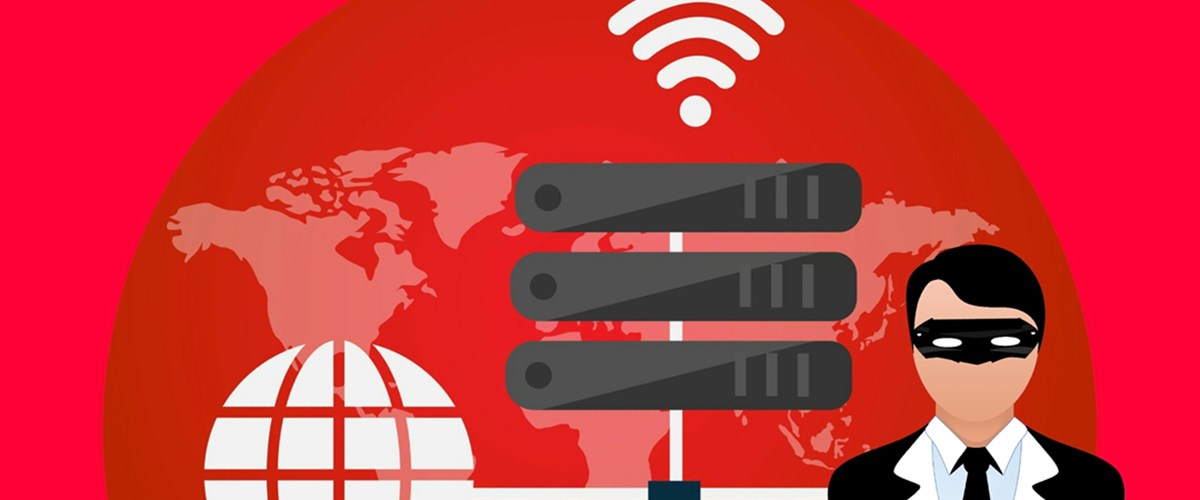
Creator: Mohamed Hassan - License: CC BY-SA 4.0
As small medical practices continue to digitize and the demand for remote healthcare access grows, secure data transmission becomes a pivotal concern. Virtual Private Networks (VPNs) provide an effective solution, allowing medical professionals to securely access patient data remotely and protecting it from unauthorized access. Here are some leading VPN services suitable for small medical practices.
NordVPN is one of the most trusted VPN services worldwide. It offers advanced security, internet freedom, and complete privacy. With over 5000 servers in 60 countries, NordVPN ensures fast and stable connections. Its strict no-logs policy means that your data isn't stored or shared, ensuring maximum privacy and security.
ExpressVPN is another leader in the VPN market. Known for its robust security features and lightning-fast speeds, ExpressVPN provides a reliable and secure connection. It employs strong encryption protocols, has a strict no-logs policy, and offers 24/7 customer support.
CyberGhost is a user-friendly VPN service that offers robust security features, including military-grade encryption, a strict no-logs policy, and an automatic kill switch. CyberGhost has more than 6500 servers worldwide, ensuring a stable connection. It also offers a simultaneous connection for up to seven devices.
Surfshark offers a balance of speed, security, and cost-effectiveness. Its standout features include multihop and split-tunneling tools, robust customer service, and high-speed connections. Additionally, Surfshark provides unlimited device support, which is a significant advantage for small practices with multiple devices.
IPVanish provides an excellent VPN service with over 1300 servers in 75+ locations. IPVanish offers zero traffic logs, strong encryption, unlimited P2P traffic, and powerful speed. It also provides up to 10 simultaneous connections, making it an excellent option for small practices.
Choosing the right VPN service for a small medical practice requires careful consideration. Consider factors like security features, speed, number of servers, pricing, and customer support. Remember, a VPN service is an investment in your practice's data security, and it's crucial to choose one that offers robust protection and caters to your specific needs.
Adopting a VPN service in a small medical practice can provide numerous benefits. It allows secure remote access to patient data, protects sensitive data from potential cyber threats, and helps maintain compliance with healthcare regulations. It is particularly beneficial in today's digital age, where cyber threats are rampant and data breaches can lead to severe consequences.
In conclusion, a reliable VPN service is a crucial part of a small medical practice's IT infrastructure. By investing in a robust VPN service like NordVPN, ExpressVPN, CyberGhost, Surfshark, or IPVanish, practices can protect patient data, ensure secure remote access, and maintain compliance with healthcare regulations.